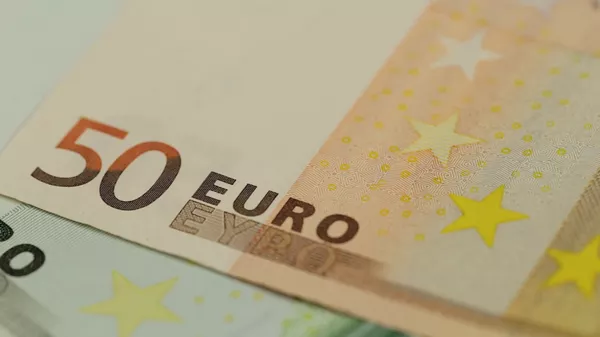The European Central Bank (ECB) plays a pivotal role in the Eurozone’s monetary policy, shaping the financial landscape and influencing economic stability. Over recent times, discussions and speculations have been rife regarding the trajectory of ECB interest rates.
Understanding how high these rates might ascend is crucial for businesses, investors, and individuals to make informed decisions.
Here’s an in-depth analysis to provide insights into the potential paths of ECB interest rates.
The Current ECB Interest Rates
At present, the ECB’s key interest rates remain at historically low levels. The deposit facility rate stands at -0.5%, while the main refinancing operations rate is at 0%. This accommodative stance has been in place to stimulate lending, support economic recovery, and combat persisting low inflation levels.
Factors Influencing Rate Hikes
The decision to raise interest rates is contingent upon several factors. The ECB monitors inflation rates, economic growth, employment levels, and overall financial stability. If the economy demonstrates sustained growth and inflation trends towards the targeted 2%, the ECB might consider raising rates.
Historical Precedents: How High Will ECB Interest Rates Go?
Looking back at the ECB’s history, interest rates have fluctuated significantly. Before the financial crisis, rates were much higher, reaching 4.25% in 2008. The gradual decline in rates ensued post-crisis, reaching unprecedented negative rates in recent years.
Speculating how high ECB rates might climb requires considering various economic indicators, global events, and policy changes.
The Impact of Inflation on Rate Hikes
Inflation serves as a crucial indicator influencing the ECB’s rate decisions. With the Eurozone aiming for an inflation rate close to 2%, persistent increases in consumer prices could prompt the ECB to consider raising interest rates. Inflation exceeding the target could signal an impending adjustment in the interest rates.
Speculations Surrounding ECB Rate Increases
Economists and financial analysts have been deliberating on the potential trajectory of ECB interest rates. Some foresee gradual rate hikes, projecting a marginal increase in the short to medium term.
Others anticipate a more aggressive approach, expecting a quicker climb to counteract inflationary pressures.
The Impact of Global Economic Conditions
Global economic conditions also significantly affect the ECB’s decisions on interest rates. The Eurozone’s interdependence with other major economies means that events like the US Federal Reserve’s actions, trade agreements, and geopolitical issues play a role in determining the ECB’s policy adjustments.
How High Will ECB Interest Rates Go in 2023?
As 2023 progresses, there’s considerable speculation about the direction of ECB interest rates. Predicting the exact increase is challenging due to the complex interplay of economic factors.
However, some economists suggest a potential rise of 0.25% or 0.50% by the end of the year if inflation continues to surge.
What is the Interest Rate Forecast for ECB in 2025?
Forecasts for 2025 are subject to even more uncertainty. Depending on the economic recovery, inflation trends, and the ECB’s policy response, interest rates could continue to climb. However, many economists predict a cautious and gradual approach, with rates potentially reaching 1% or marginally higher by 2025.
Balancing Economic Recovery and Inflation Control
The ECB faces the challenging task of balancing economic recovery with inflation control. A rapid increase in interest rates could potentially stifle economic growth, while delaying rate hikes might fuel inflationary pressures. Striking the right balance is crucial for the Eurozone’s sustained recovery.
How Long Will ECB Interest Rates Remain High?
The duration of elevated ECB interest rates hinges on multiple variables. If inflation continues to surge, the ECB might maintain higher rates to control it. However, sustained economic growth could prompt a gradual return to lower rates. The length of time rates remain high will largely depend on the economic trajectory.
In conclusion, the question of how high ECB interest rates will ascend is multifaceted and dependent on numerous economic indicators and global conditions. While forecasts and speculations provide insights, the actual path of ECB interest rates will unfold based on evolving economic circumstances and policy responses. Staying abreast of economic indicators and ECB announcements will be pivotal for businesses and individuals to navigate the financial landscape effectively.
Related Topics:
When Will ECB Raise Interest Rates: A Quick Guide
What is the Current ECB Interest Rate: A Quick Guide
When Will Europe’s Interest Rates Come Down?


























